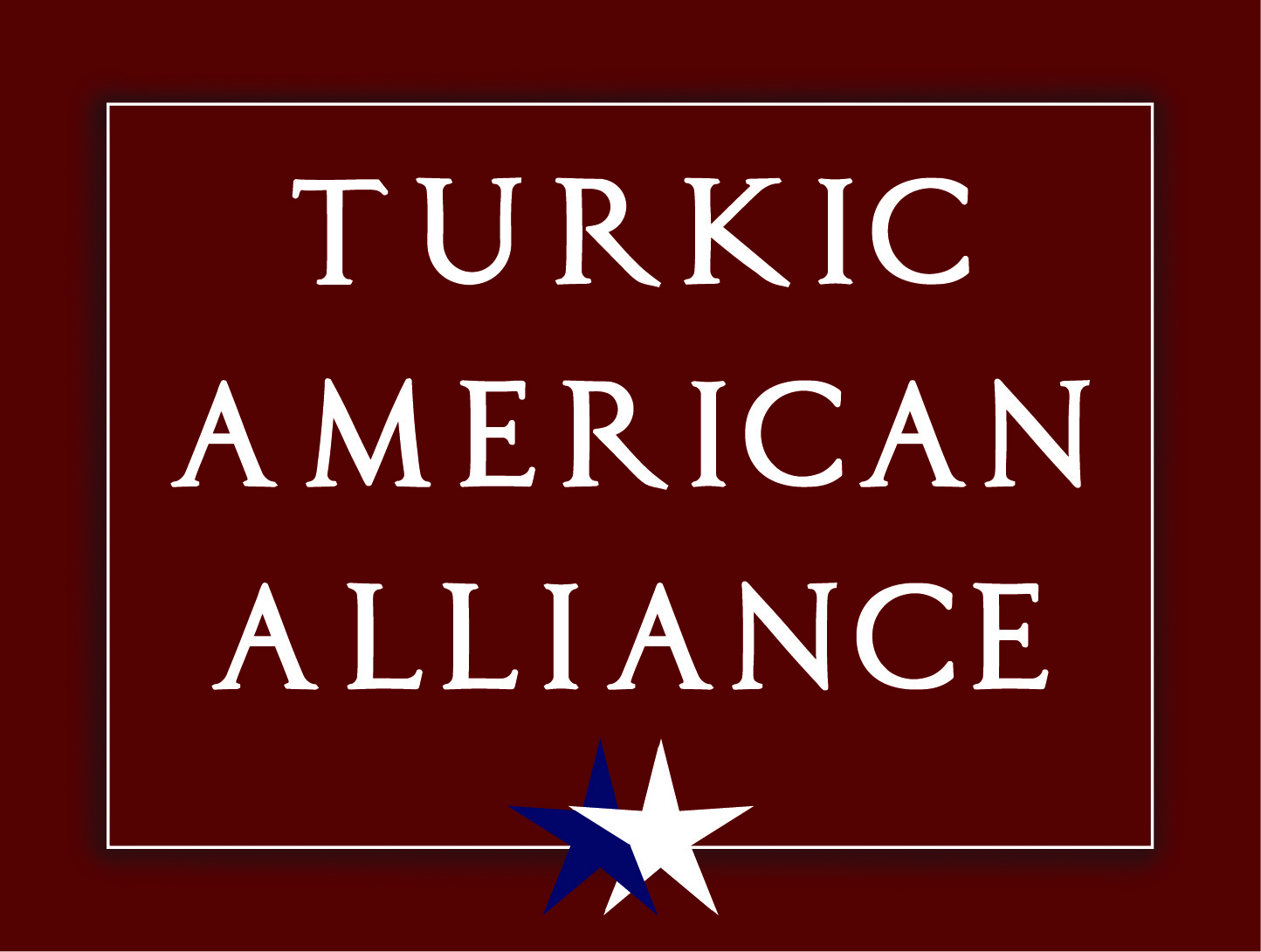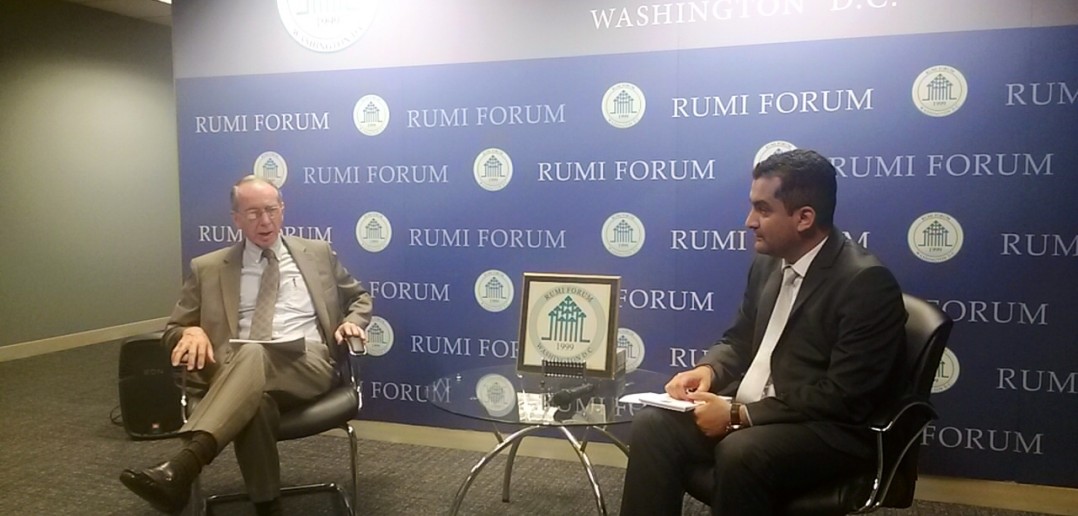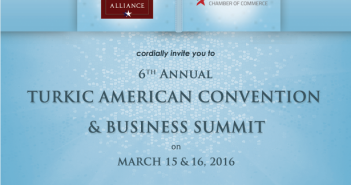On May 14th, 2014, the Rumi Forum hosted a discussion on Hizmet in Africa. The guest speaker was the former U.S. Ambassador to Ethiopia (1996-1999) and to Burkina Faso (1987-1990), Ambassador Dr. David Shinn, who is currently an Adjunct Professor of International Affairs at the George Washington University. Ambassador Shinn deliberated on the implications of the Hizmet Movement’s multifaceted activities in Africa, which are inspired by renowned Turkish Islamic scholar Fethullah Gülen. Ambassador Shinn focused specifically on the establishment of business associations, educational institutions and cultural, dialogue and interfaith centers in North Africa and Sub-Saharan Africa.
According to Ambassador Shinn, Hizmet organizations were established by Turkish business associations, chief among them TUSKON, the Confederation of Businessmen and Industrialists of Turkey. These business associations have also developed bilateral relations with African nations through trade bridges, trade forums as well as financial institutions in those regions. Over 100 schools have been established. Most of these schools are elementary schools, though others are middle and high schools that attract high quality students from different backgrounds and follow the national curriculum of the respective country’s education systems. Nigeria, for instance, has the largest presence of schools with around 19 schools and the only Hizmet University in the African continent. South Africa maintains the second largest presence of Gülen-inspired schools. In East and North Africa there are schools in Ethiopia, Kenya, Tanzania, Zanzibar, Egypt and Morocco, respectively. Similar schools have also been initiated in Senegal and Gabon.
Despite the good reputation for excellence in education and structure, Hizmet-affiliated schools in Gambia were recently shut down by its President after receiving a great deal of pressure from the government in Turkey to do so. This comes just a few years after a time in which Hizmet organizations and schools in many countries in Africa that did not yet maintain Turkish Embassies would organize official state visits for the Prime Minister, President or Foreign Minister of Turkey, and/or would receive them as a part of their official state visit.
As the Hizmet movement continues to solidify its presence in the education sector, it has taken major steps in improving its media, publications and outreach strategies by documenting and promoting media publications in English, French and Arabic. These Hizmet-affiliated media organizations are based in Turkey and New Jersey.
Ambassador Shinn suggested that the success of the movement’s activities can be attributed to its ability to pool resources through donations, volunteer support and on-the-ground assistance with the help of local individuals and organizations. He shared the example of Kimse Yok Mu (KYM), a global charitable organization founded in 2002 that focuses on solving poverty related issues. KYM also works to develop and implement quality projects across various sectors, including education, health, disaster, humanitarian aid and water projects. Today, the organization has major branches in 29 cities internationally and operates extensively across Africa. For instance, until 2011, Kimse Yok Mu had raised around $92 million for its global programs and spent over $31.5 million. Of this, 34% was spent outside Turkey, and of that 34%, 84% was spent in Africa alone. In 2011, it increased its aid to Africa to $22.4 million and expanded its operations to 31 countries. Kimse Yok Mu in Somalia, which is its largest program in Africa and maintains four already established schools, is actively working on building water delivery systems and renovating hospitals in Mogadishu. Similar programs and projects are also being established in Uganda, Kenya and Ethiopia. Ambassador Shinn also noted that are many European businesspersons in countries such as Germany, Austria, Belgium, Denmark and Sweden sympathetic to the Hizmet Movement who seek to mobilize groups to engage in humanitarian activities across Europe.
Fethullah Gülen is a renowned Turkish Islamic Scholar who promotes the cooperation of civilizations toward a peaceful world through education, health and welfare, interfaith dialogue and peace efforts and by using voluntary and altruistic action. In 2008 Foreign Policy magazine named Gülen as the world’s top public intellectual, and in 2013 Times magazine named him on the top 100 most influential persons in the world. Mr. Gülen currently resides in rural Pennsylvania.
The Rumi Forum was established in 1999 with the purpose of cultivating and stimulating knowledge exchange with the goal of fostering democracy and peace. As part of its activities, it holds conferences and seminars that promote diversity and inclusion and peacebuilding and civic initiatives that promote social development. In addition, Rumi Forum hosts Ambassador Speaker Series, Abrahamic Discussions and Luncheon Series. Rumi Forum is a member of the Mid-Atlantic Federation of Turkic American Associations (MAFTAA), which is one of 6 federations under the Turkic American Alliance, located in Washington, D.C.




